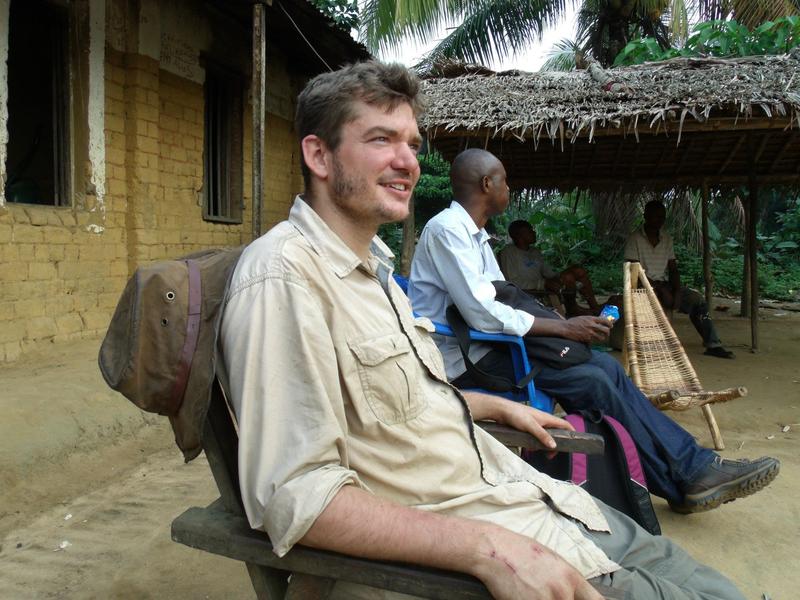
When Ryan Boyko, a doctoral student at the Yale School of Public Health, returned from Liberia earlier this month, he said he took all the necessary precautions to guard against the spread of Ebola — and then some. In addition to monitoring his health and taking his temperature twice a day, the 30-year-old said he took off from work and refrained from taking public transportation.
"It's not like I was going to the disco," Boyko said. "But as long as I was asymptomatic, all of those precautions were more based on not making other people uncomfortable than on preventing actual transmission of Ebola."
At the first sign of a fever, Boyko went to the Yale-New Haven Hospital. And when his Ebola test came back negative and he still had not developed symptoms four days later, he assumed he would be free to go. Instead, he was confined to his apartment. He said he'd been able to talk to his girlfriend — who had moved out of his apartment to make way for his isolation — and a Yale administrator through his window, and had otherwise focused on work.
Boyko is one of eight people in Connecticut currently being held in mandatory isolation, a policy that Gov. Dannel Malloy said would be enacted on a case-by-case basis. The others being detained include another Yale student who accompanied Boyko on his trip to Liberia, and a Liberian family of six that just immigrated to the U.S..
Boyko said he and his classmate were in Liberia helping the country's Ministry of Health develop technology to track the spread of Ebola, and they did not come into contact with anyone who displayed symptoms of the deadly virus. He said he worried that the new policies would deter others from going to the region to volunteer their skills.
The two Yale students will be released from quarantine on Thursday. Boyko said his friends were planning a Halloween bash to celebrate.
